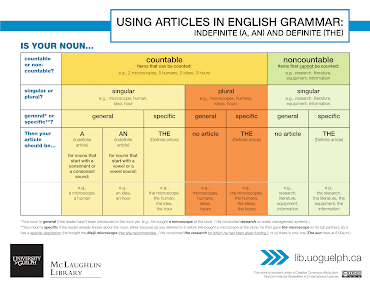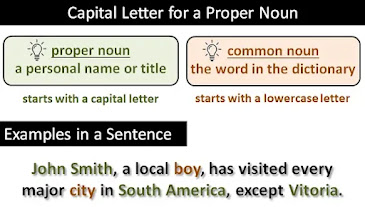Difference Between Few and Little-GPS-33
Difference Between Few and Little-Grammar Puzzle Solved (33) Understanding the difference between few and little helps English learners avoid common grammar errors. Although both refer to small quantities, their usage…



